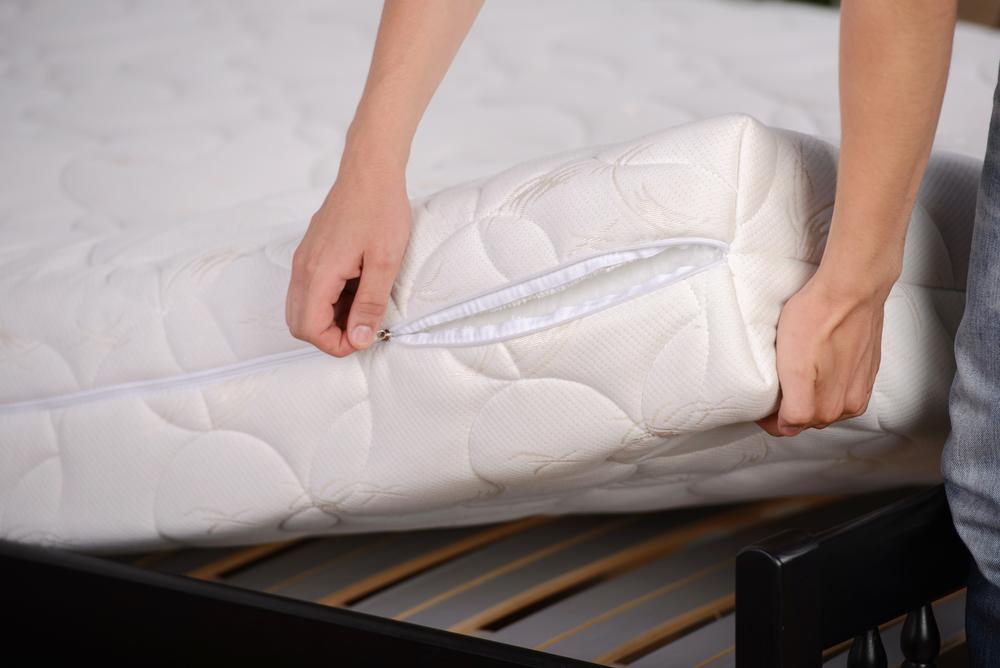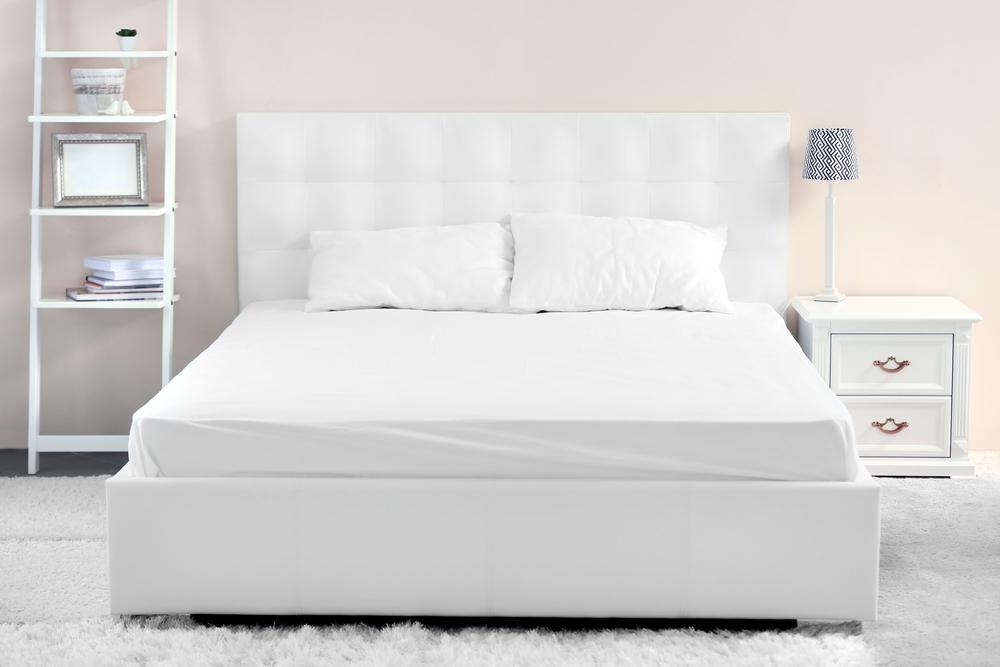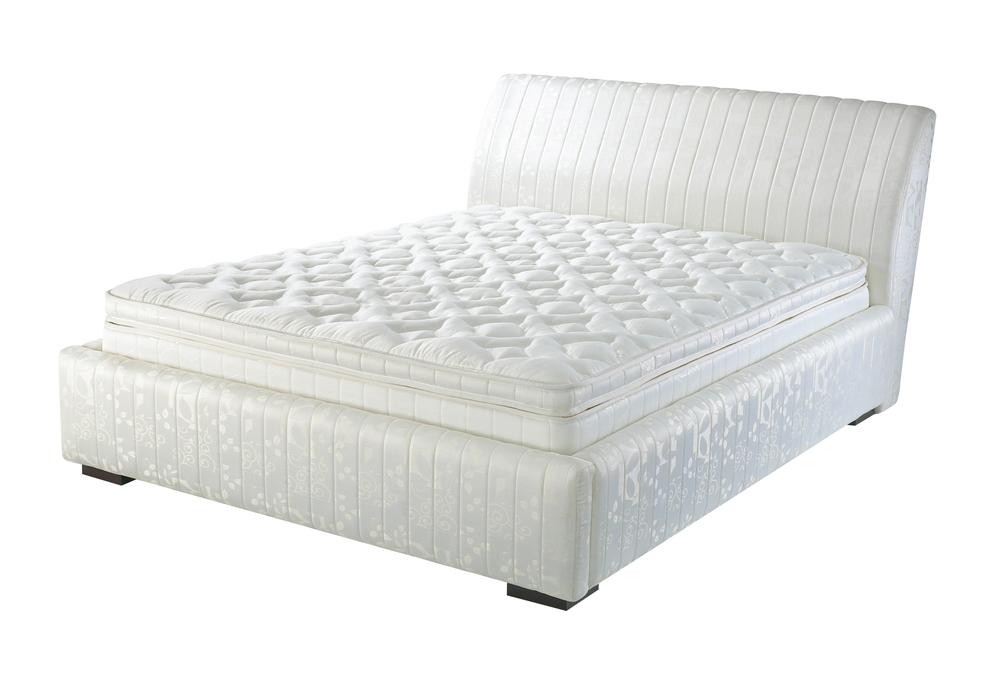Choosing the Perfect Mattress for Better Sleep
Discover essential tips for selecting the perfect mattress that offers optimal support and comfort. Proper choice enhances sleep quality, prevents back pain, and promotes overall health. Learn how to evaluate support, comfort, motion isolation, temperature regulation, and edge support to find your ideal mattress suited to your sleeping style. Make an informed decision to transform your sleep experience and wake up refreshed every morning.

Choosing the Perfect Mattress for Better Sleep
You spend around 6 to 8 hours sleeping, making it crucial to select the right mattress for optimal rest. While popular consumer ratings can guide you, they may not always suit your body type or preferences. Learning how to pick a mattress that fits your needs is essential for maintaining good health. A supportive mattress prevents back pain and spine issues, ensuring you wake refreshed. Remember, an uncomfortable or unsupportive mattress can cause discomfort and long-term health problems. Prioritize support and comfort when choosing your ideal mattress.
Many overlook the importance of a quality mattress, resulting in unsuitable choices. While consumer-rated mattresses are helpful, they might not be perfect for everyone. To find the right fit, test out various options personally. Consider whether the mattress aligns with your specific needs, comfort preferences, and sleeping habits. Trusting certain ratings depends on understanding how well the mattress supports your body and sleeping style. It's vital to evaluate support and comfort, which are key to restful sleep and overall health.
When selecting a mattress, focus on two primary aspects:
Support
The right mattress maintains proper spinal alignment from head to toe, preventing pain. It should contour to your body's curves, whether sleeping on your stomach, side, or back. A mattress that’s too firm can push hips and shoulders out of alignment, causing discomfort. Conversely, a mattress that's too soft can mimic a hammock, leading to a lack of support. Ideally, it should support your body's neutral position, ensuring your back remains straight during sleep.
Comfort
Comfort is equally important. The mattress should not press excessively on any part of your body when you change sleeping positions. An uncomfortable mattress leads to frequent position shifts, fragmented sleep, and fatigue. Test a mattress by lying in one position for several minutes; if you can do so comfortably, it's a good sign of comfort. A suitable mattress provides pressure relief and minimizes movement disturbance.
In addition to support and comfort, consider other factors:
Motion isolation
If sharing a bed, choose a mattress that minimizes transfer of movement to avoid disturbances caused by a partner's movements.
Temperature Regulation
Look for mattresses with features like good ventilation and cooling foams to prevent heat retention and stay comfortable all night.
Edge Strength
For those who sit or sleep near the edge, select a mattress with reinforced edges for better support and durability.
Keeping these points in mind will help you find a mattress that promotes restful sleep and long-term comfort.
Note:
Our articles cover diverse topics providing useful insights based on thorough research. However, the information should not be considered definitive. We do not guarantee the accuracy of all details, and readers should verify information independently. Additionally, we may not include all current schemes or offers available in the market. Use our content as a helpful guide but consult specialists for personalized advice.










